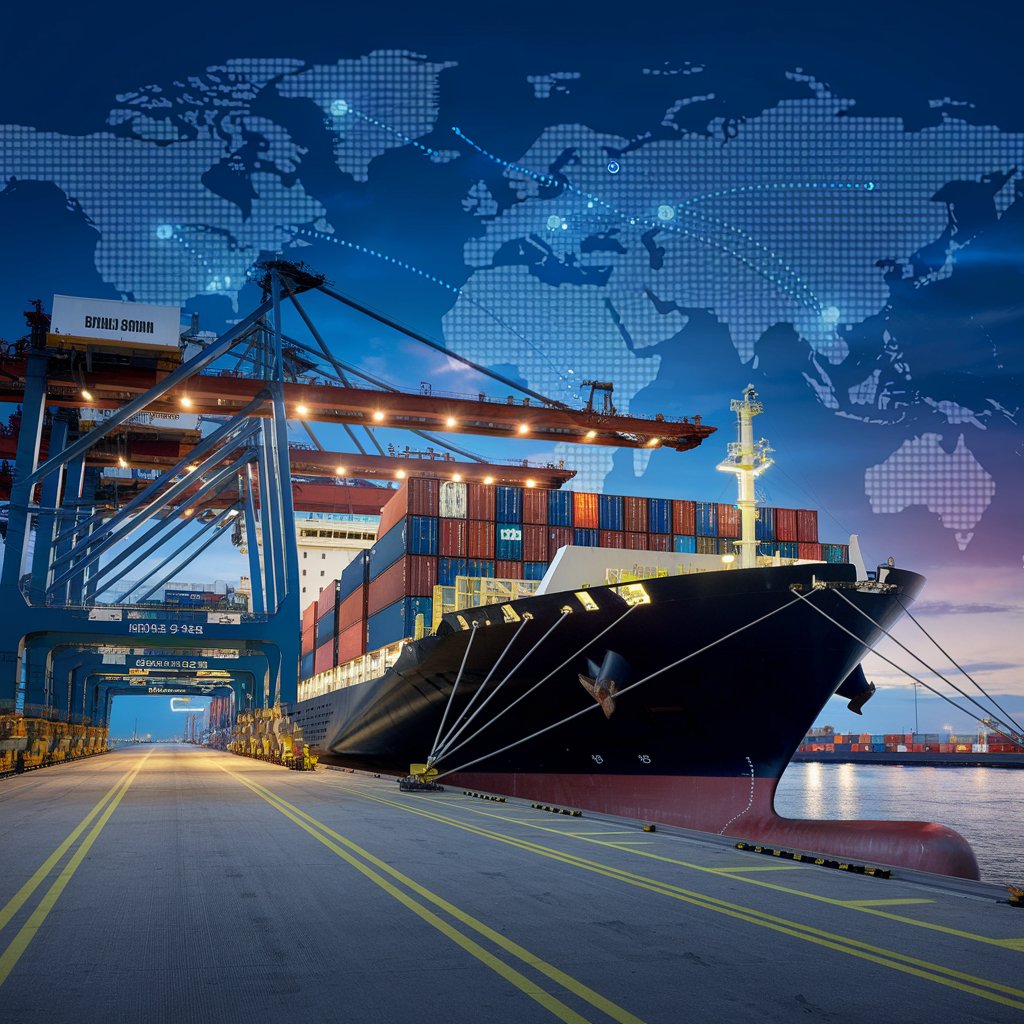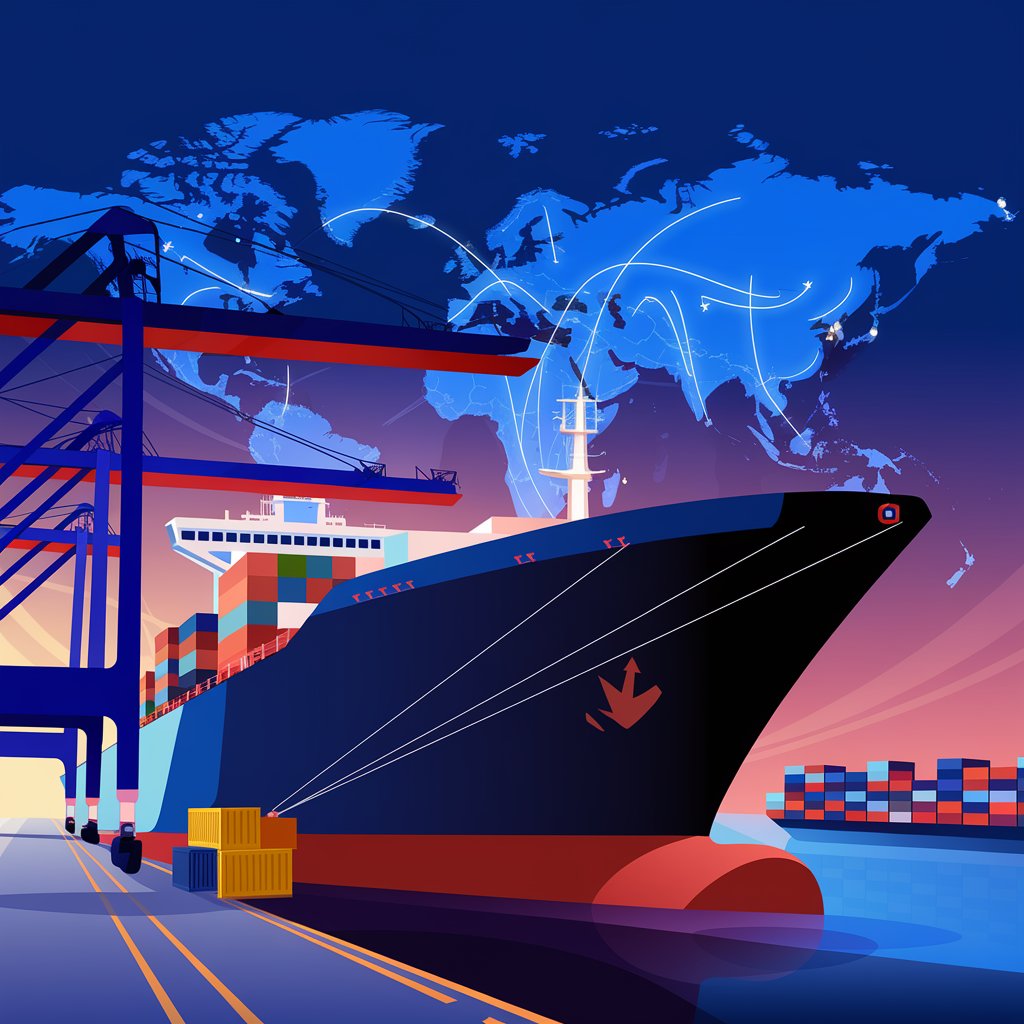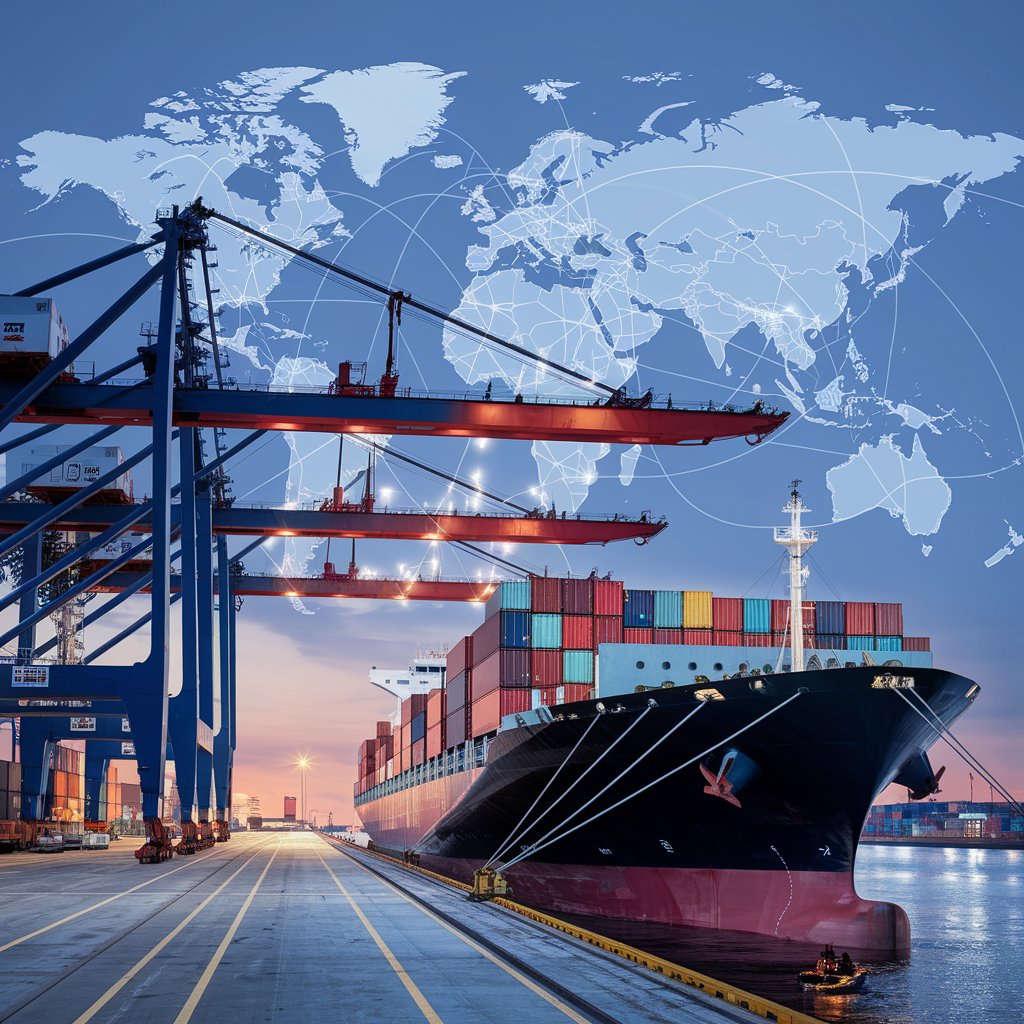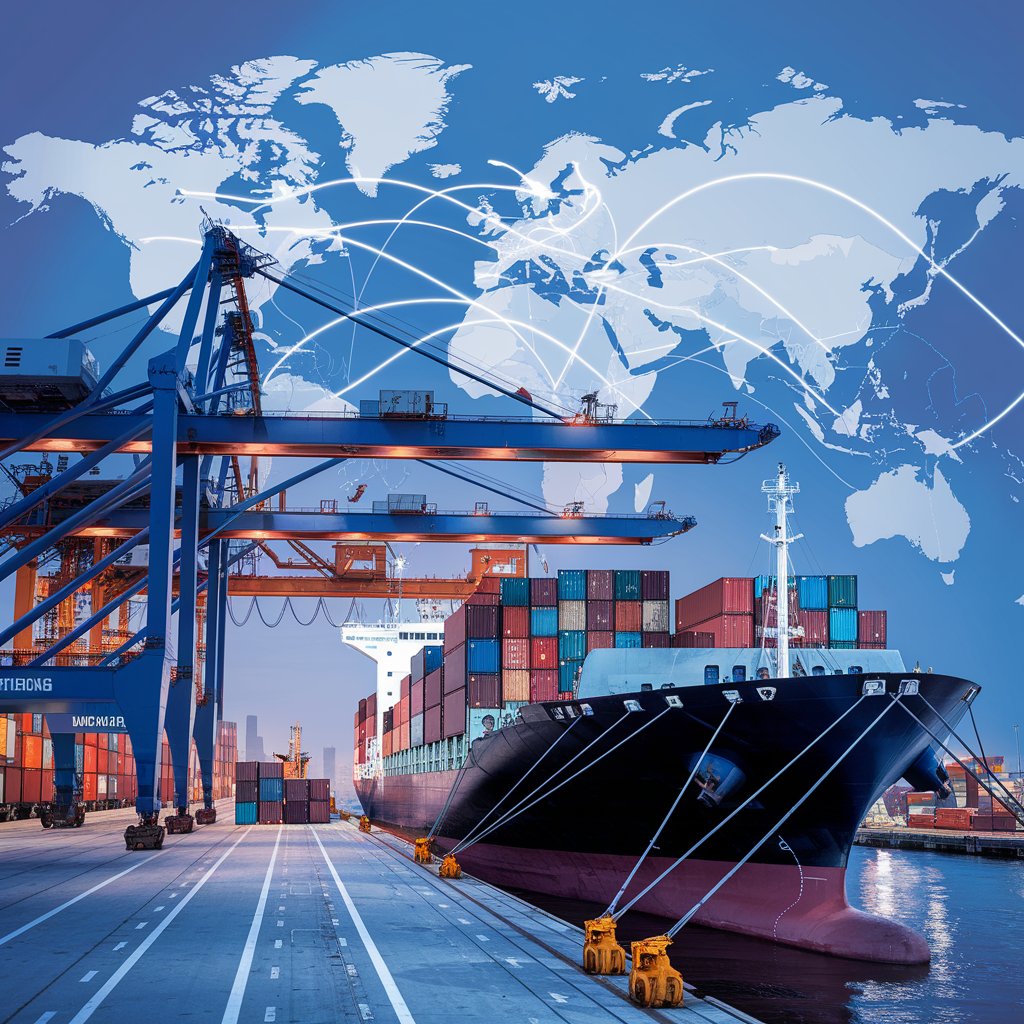The Basics of Incoterms Can Be Best Described As

📜 What Are Incoterms?
Incoterms, established by the International Chamber of Commerce (ICC), serve as universal guidelines for global trade. They determine:
- Who is responsible for transportation costs?
- Who assumes the risk at each stage of delivery?
- Who handles customs duties and documentation?
Incoterms simplify complex trade agreements and ensure that all parties involved in a transaction operate under the same set of expectations.
🔑 Key Features of Incoterms
- Standardized Rules: Provide a common language for trade transactions.
- Risk Allocation: Clearly defines when risk transfers from seller to buyer.
- Cost Responsibilities: Specifies which party covers transportation, duties, and insurance.
- Global Applicability: Used in international and domestic trade.
- Regular Updates: The ICC revises Incoterms periodically to align with modern trade practices.
Understanding these features helps businesses minimize risks and avoid costly disputes.

📂 Categories of Incoterms
Incoterms are divided into two main categories based on the mode of transportation:
- Incoterms for Any Mode of Transport:
- EXW (Ex Works)
- FCA (Free Carrier)
- CPT (Carriage Paid To)
- CIP (Carriage and Insurance Paid To)
- DAP (Delivered at Place)
- DPU (Delivered at Place Unloaded)
- DDP (Delivered Duty Paid)
- Incoterms for Maritime and Inland Waterway Transport:
- FAS (Free Alongside Ship)
- FOB (Free on Board)
- CFR (Cost and Freight)
- CIF (Cost, Insurance, and Freight)
Each term has specific conditions that determine the division of responsibilities between buyers and sellers.
📊 How Incoterms Impact Trade Transactions
- Logistics & Shipping: Defines the handover points for goods.
- Legal & Compliance: Ensures contracts follow international trade regulations.
- Cost Management: Helps businesses calculate accurate landed costs.
- Risk Mitigation: Clarifies liability in case of damaged or lost goods.
By selecting the right Incoterm, companies can improve operational efficiency and reduce potential conflicts.

🏢 Practical Uses for Businesses
- Small Businesses: Simplifies trade agreements for first-time exporters.
- Freight Forwarders: Helps in planning efficient logistics routes.
- Manufacturers: Determines cost distribution in supply chain management.
- E-commerce & Retailers: Essential for international dropshipping and bulk shipments.
Choosing the right incoterms can be best described Incoterm can significantly impact a company’s profitability and supply chain strategy.
⚠️ Common Mistakes to Avoid
- Assuming Incoterms Cover All Contractual Obligations: They primarily define cost and risk transfer but do not replace a sales contract.
- Misunderstanding Delivery Responsibilities: Buyers and sellers must be clear on when and where responsibility transfers.
- Ignoring Insurance Requirements: Some Incoterms include insurance, while others do not.
- Failing to Stay Updated: Businesses should always refer to the latest version of Incoterms (currently Incoterms 2020).
Avoiding these mistakes helps prevent unexpected costs and delays in global trade.

🚀 Future Trends in Incoterms and Global Trade
- Digital Trade Agreements: The rise of electronic documentation streamlines Incoterm implementation.
- Automation & AI: Smart contracts reduce disputes over cost and risk distribution.
- Sustainability Considerations: Future revisions may include environmental obligations in trade agreements.
- Blockchain in Supply Chain: Enhances transparency in Incoterm compliance.
Understanding these trends ensures businesses remain competitive in evolving trade landscapes.
✅ Conclusion
Incoterms can be best described as the backbone of global trade, providing clarity, reducing disputes, and ensuring smooth transactions. Whether negotiating contracts, shipping goods, or handling customs, knowing how Incoterms work gives businesses a strategic advantage in international commerce.
